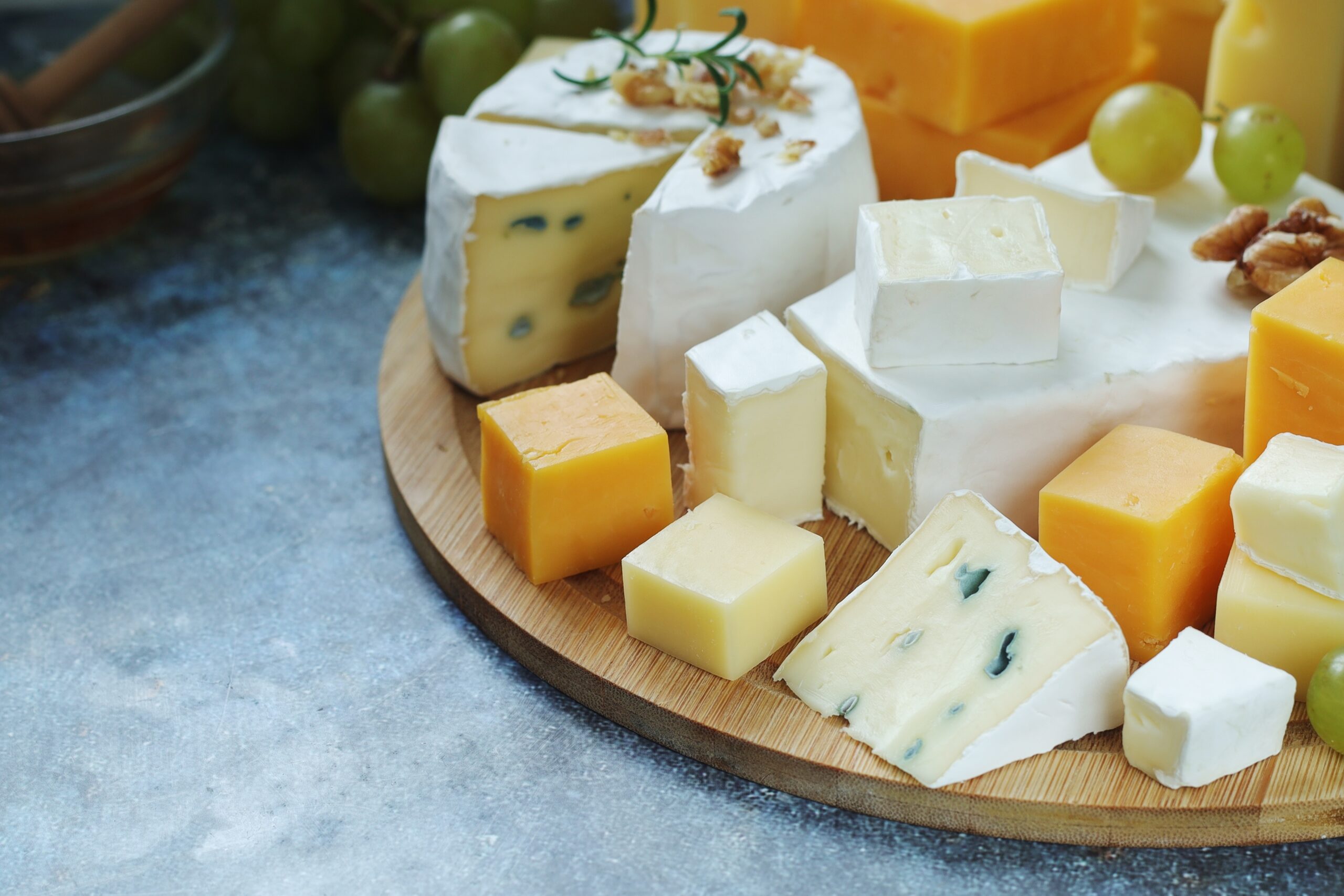Table of Contents

Despite generations of midnight snackers reporting bizarre dreams after eating cheese, science has yet to confirm whether this dairy delight actually influences our nocturnal adventures.
At a Glance
- The belief that cheese causes bad or vivid dreams is a persistent cultural idea with little scientific evidence to support it
- A 2005 British Cheese Board study suggested different cheeses influence dream types, but lacked scientific rigor
- Cheese contains compounds like tryptophan that affect sleep, but no direct link to dream content has been established
- Late-night eating of any food, especially high-fat items like cheese, may disrupt sleep quality, leading to more vivid dream recall
- Cultural beliefs and misattribution may explain why many people associate cheese with unusual dreams
The Cheese-Dream Connection: Myth or Reality?
For generations, people have blamed late-night cheese consumption for their strange dreams and nightmares. This belief is so embedded in our culture that it even appears in classic literature. In Charles Dickens' "A Christmas Carol," Ebenezer Scrooge dismisses his ghostly visitor as possibly "a crumb of cheese" affecting his perception. But is there any truth to this widespread belief, or is it simply an old wives' tale that's been passed down through generations? The scientific evidence suggests the latter, though the full story is more complex than a simple yes or no.
The British Cheese Board Study: Science or Marketing?
Much of the modern discussion around cheese and dreams stems from a 2005 study conducted by the British Cheese Board. This industry-funded research claimed to find connections between specific cheese types and dream patterns. According to their findings, Blue Stilton led to bizarre dreams, Cheddar prompted celebrity dreams, and Lancashire cheese triggered work-related dreams. The study garnered significant media attention, but its methodology has been criticized for lacking scientific rigor. With only 200 participants and no control group, the research falls short of meeting standard scientific protocols.
Interestingly, the study reported that "75% of subjects reported they slept well" after eating cheese, suggesting cheese might actually aid sleep rather than disrupt it. This contradicts the common belief that cheese causes nightmares. However, without proper controls and peer review, these findings should be considered preliminary at best, and potentially biased given the source of funding. The study only tested British cheeses, further limiting its applicability to understanding cheese's effects on dreams broadly.
The Science Behind Food and Dreams
While the direct link between cheese and dream content remains unproven, there are scientific reasons why eating certain foods before bed might affect sleep and dreaming. Cheese contains several compounds that could potentially influence brain activity. Tryptophan, an amino acid found in cheese, plays a role in the production of serotonin and melatonin, both important for sleep regulation. Additionally, cheese contains tryptamine and tyramine, compounds that might affect neurotransmitter systems and potentially alter sleep patterns or dream recall.
A more likely explanation for any connection between cheese and dreams involves timing and fat content. Eating any food close to bedtime raises body temperature and triggers digestion, potentially disrupting sleep quality. Since cheese is high in fat, especially saturated fat, it may be particularly disruptive. Poor sleep quality leads to more frequent awakenings during the night, which increases the likelihood of remembering dreams. This could explain why people associate cheese with vivid dreaming – not because cheese causes unusual dreams, but because eating it before bed may lead to fragmented sleep and better dream recall.
Cultural Beliefs and Psychological Factors
A 2015 study found 17.8% of participants blamed dairy products for their bad dreams, suggesting many people have internalized this belief. Researchers have proposed a "folklore hypothesis" to explain this phenomenon. This theory suggests cultural beliefs about food affecting dreams are passed down through generations, becoming self-fulfilling prophecies. If you believe cheese will give you strange dreams, you may be more likely to notice and remember unusual dreams after eating cheese, reinforcing the connection in your mind.
Misattribution may also play a role. When people have unusual dreams, they might look for explanations and remember eating cheese the night before, creating a false association. Additionally, cheese is often consumed alongside other substances known to affect sleep, such as alcohol or spicy foods. The alcohol, rather than the cheese, might be the real culprit behind sleep disruption and vivid dreams. Our tendency to blame cheese specifically might stem from cultural references like Dickens' famous line about "a crumb of cheese" rather than from genuine physiological effects.
Better Sleep Through Better Eating
While cheese might not directly cause bizarre dreams, your overall diet does affect sleep quality. Diets high in plant foods and fiber, and low in saturated fat and sugar, are associated with better sleep. Some foods may actually improve sleep quality – kiwifruit and cherry juice contain serotonin and melatonin precursors that could enhance sleep. Eating foods rich in tryptophan might support melatonin production, potentially improving sleep if consumed at appropriate times before bed.
Timing matters as much as content. Irregular eating schedules or going to bed hungry can lower sleep quality and lead to more vivid dreams. If you enjoy cheese before bed and sleep well afterward, there's likely no reason to change your routine. However, if you experience sleep disturbances, consider the timing of your meals and the overall composition of your diet, rather than blaming specific foods like cheese for nightmares. The relationship between diet and dreaming remains an under-researched area, and more rigorous studies are needed to fully understand how what we eat affects our dream experiences.
AD
Most Recent
AD
